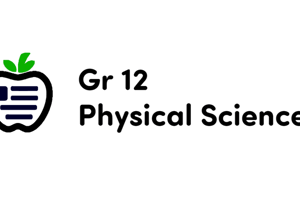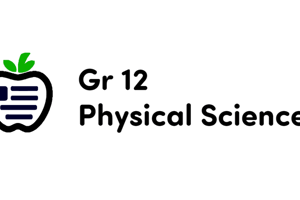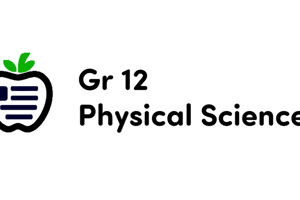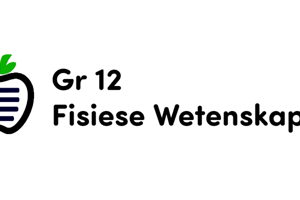Podcast
Questions and Answers
What fundamental aspects of classical physics do mechanics and dynamics explore?
What fundamental aspects of classical physics do mechanics and dynamics explore?
- Light and sound
- Motion and interaction among objects (correct)
- Electricity and magnetism
- Chemical reactions
Which of the following theories emerged later than Newtonian mechanics to provide a more sophisticated understanding of motion?
Which of the following theories emerged later than Newtonian mechanics to provide a more sophisticated understanding of motion?
- Electromagnetism
- Special relativity (correct)
- Quantum mechanics
- Optics
What does dynamics focus on specifically?
What does dynamics focus on specifically?
- Relationship between force, mass, and acceleration (correct)
- Exploring quantum physics
- Analyzing chemical reactions
- Studying light energy
Newton's second law, F = ma, relates force to which two other quantities?
Newton's second law, F = ma, relates force to which two other quantities?
What does Newton's second law state about the net force acting on an object?
What does Newton's second law state about the net force acting on an object?
What concept does Hooke's Law illustrate?
What concept does Hooke's Law illustrate?
Which conservation principle involves energy conserving across closed systems?
Which conservation principle involves energy conserving across closed systems?
In the Leaning Tower Experiment, what is highlighted as important for understanding stability despite inclinations?
In the Leaning Tower Experiment, what is highlighted as important for understanding stability despite inclinations?
Which field of study developed later to address shortcomings in classical mechanics?
Which field of study developed later to address shortcomings in classical mechanics?
What is proportional to the displacement in Hooke's Law?
What is proportional to the displacement in Hooke's Law?
Flashcards are hidden until you start studying
Study Notes
Exploring Mechanics and Dynamics in Physics
Mechanics and dynamics constitute fundamental aspects of classical physics, offering insights into motion and interaction among objects. Let's dive deeper into both concepts.
Newtonian Mechanics
Sir Isaac Newton laid the foundation of modern mechanics with his Laws of Motion. This framework describes motion using vectors, forces, mass, acceleration, momentum, energy, and conservation principles. Nonetheless, Newton's perspective remains limited; more sophisticated theories emerged later, particularly special relativity, general relativity, and thermodynamics.
Dynamics
Dynamics focuses specifically on the relationship between force, mass, and acceleration. Objects subjected to external influences exhibit kinetic motion, while internal mechanisms cause deformation, rotation, oscillatory movement, or equilibrium. With more complex systems, analyzing the overall behavior poses intricate mathematical issues.
Newton's Second Law
Newton's second law, (F = ma), links force ((F)) to mass ((m)) and acceleration ((a)). It states that the net force acting upon an object determines its change in velocity, i.e., its acceleration. By accounting for various forces, including gravity, linear motion, angular motion, and contact forces, the principle applies equally to celestial bodies and microscopic particles.
Example: Hooke's Law
Hooke's Law illustrates the concept of spring force, stating that the force ((kx)) needed to stretch or compress a spring is proportional to the displacement ((x)), known as elasticity constant ((k)). This law forms the basis for understanding simple harmonic motion.
Conservation Principles
Conservation principles such as energy and momentum play significant roles in dynamic systems. Energy conserves across closed systems, whereas momentum preserves linearly. Examples of conservation in action occur everywhere, including car crashes, colliding pool balls, and rotating wheels.
The Leaning Tower Experiment
In 1675, Galileo Galilei's son demonstrated the lean of the Seven Wonders of Pisa, showcasing centripetal force, torque, and static friction. Understanding why buildings maintain stability despite inclinations further highlights the importance of dynamics.
Modern Updates
Quantum mechanics, electromagnetism, and statistical physics developed later to address shortcomings inherent in classical mechanics. Regardless of technological advancements, essential dynamical principles remain central to comprehending our physical world.
Studying That Suits You
Use AI to generate personalized quizzes and flashcards to suit your learning preferences.




